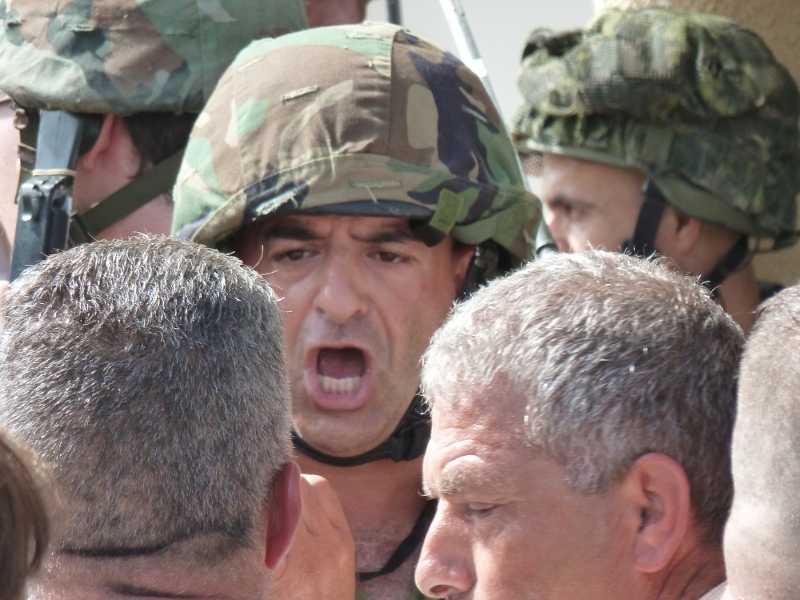Author: ISM Media Group
-
Israeli forces attack weekly West Bank demonstrations
22 October 2010 | International Solidarity Movement Today in the village of An-Nabi Salah, the weekly non-violent demonstration took place against the illegal settlement Hamish. Unlike other villages taking part in non-violent resistance, many women, young girls and children participate in the protest. Today, there was a child demonstration. A commemoration also took place in…
-
Operation Dove: South Hebron Hill Settlers attack Palestinian boy and internationals
21 October 2010 | Operation Dove At-Tuwani – On Thursday, 21st October, at around 9.20 am, two Operation Dove volunteers, coming back to the village of At-Tuwani after having visited some Palestinian families in the village of Tuba, were attacked by Israeli settlers from the illegal outpost of Havat Ma’on (Hill 833). While walking, the…
-
Nablus farmers denied entry to farm
20 October 2010 | International Solidarity Movement Today a family in the village of Salim, southeast of Nablus, was prevented from harvesting their olives for a second time this year. All of their trees are located behind a settlers´ road leading to the illegal settlement of Elon More: a settlement which has stolen much of…

